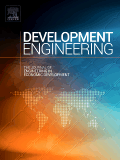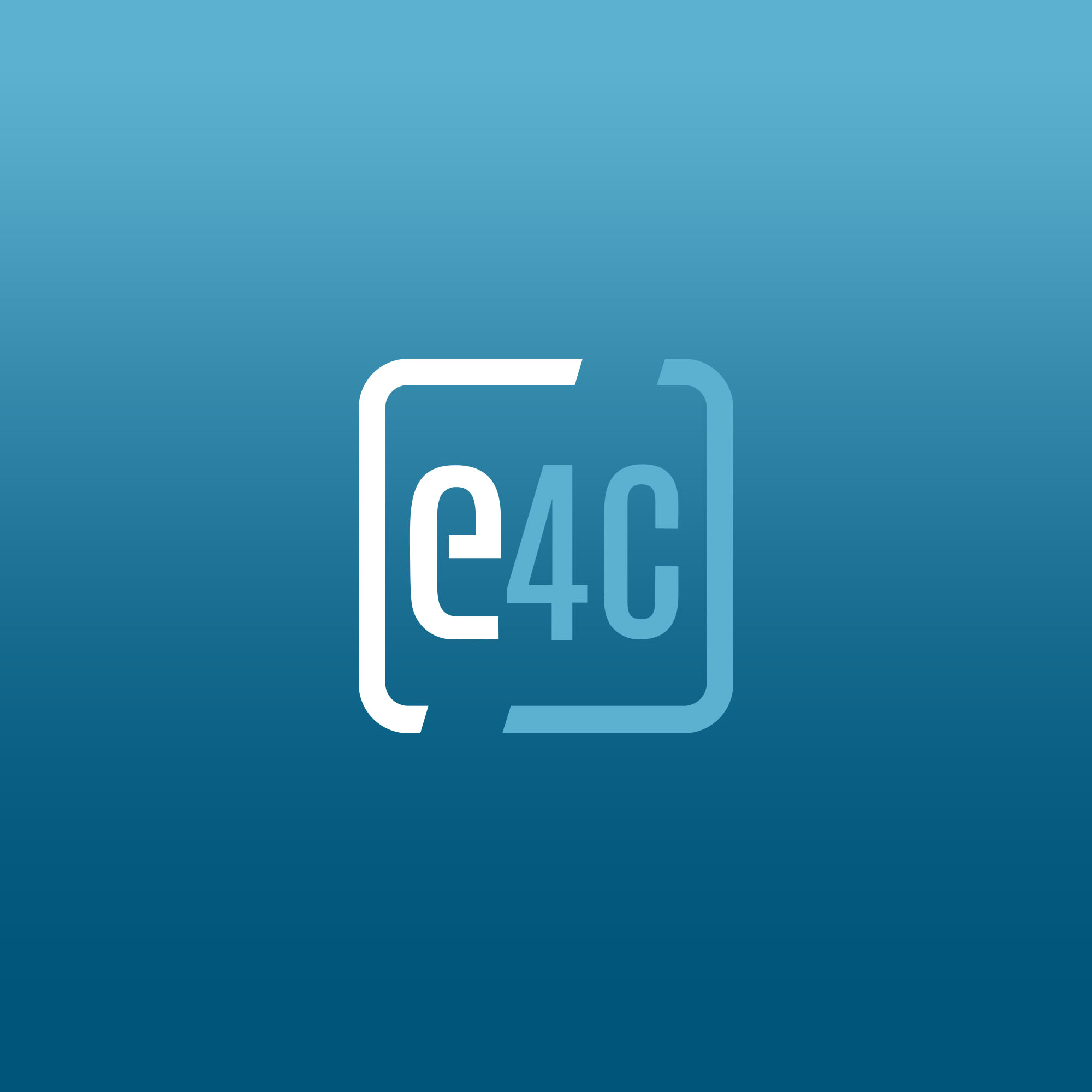 Failure claims an elevated status among start-ups and global development practitioners, who hold up their good tries and mistakes as examples from which others can learn. But one of its corrollaries can be hard to find in scientific literature: The failure to reject the null hypothesis. That failure is kind of like the absence of a result from an experiment, or, in global development terms, the discovery that a new technology or a new project has no measurable effect on the community where it is introduced.
Failure claims an elevated status among start-ups and global development practitioners, who hold up their good tries and mistakes as examples from which others can learn. But one of its corrollaries can be hard to find in scientific literature: The failure to reject the null hypothesis. That failure is kind of like the absence of a result from an experiment, or, in global development terms, the discovery that a new technology or a new project has no measurable effect on the community where it is introduced.
A new journal called Development Engineering could uphold the tradition of proclaiming failures that sets apart start-ups and, increasingly, aid and development organizations. DevEng is a new product of the Development Impact Lab at the University of California, Berkeley, an open access journal of engineering research directed at exploring the problems of poverty.
“One priority of ours is to encourage the publication of null results from field trials along with technical failure analyses and success stories” – Anh-Thi Le
“The journal will showcase research on innovative technologies designed to improve welfare in developing countries, along with novel measurement tools that are improving the quality and relevance of empirical data. One priority of ours is to encourage the publication of null results from field trials along with technical failure analyses, along with success stories,” Anh-Thi Le at UC Berkeley’s Blum Center for Developing Economies, told E4C by email.
Publishing null results, rather than hiding them, could keep engineers from repeating the same types of experiments. The practice could streamline research and the expense of searching for solutions to problems in global development.
It’s encouraging to see Ashok Gadgil’s name on the masthead as one of the journal’s editors in chief. Gadgil is a civil and environmental engineer at Lawrence Berkeley National Laboratory who created the Berkeley-Darfur Stove and UV Waterworks, which purifies drinking water with ultraviolet light.
Both technologies were designed with ambitious plans to scale up and they exemplify the power of good design and sound technology for global development. The water purifiers serve more than five million people in India and countries in Africa and Southeast Asia, and 20,000 stoves have been distributed to women in Darfur.
[quote]It is a waste of time to try to solve problems in a small way. You need to think about how will you go to scale and make lives better for at least 10 million people. [/quote]
Here’s a short list of research topics the journal will cover:
•Engineering research in response to the constraints of poverty.
•Assessment of pro-poor technology solutions, including field performance, consumer adoption, and impact.
•Novel technologies or tools for measuring outcomes in low-resource settings.
•Lessons from the field.
•Analysis of existing development solutions through an engineering lens.
For details please see Development Engineering.

